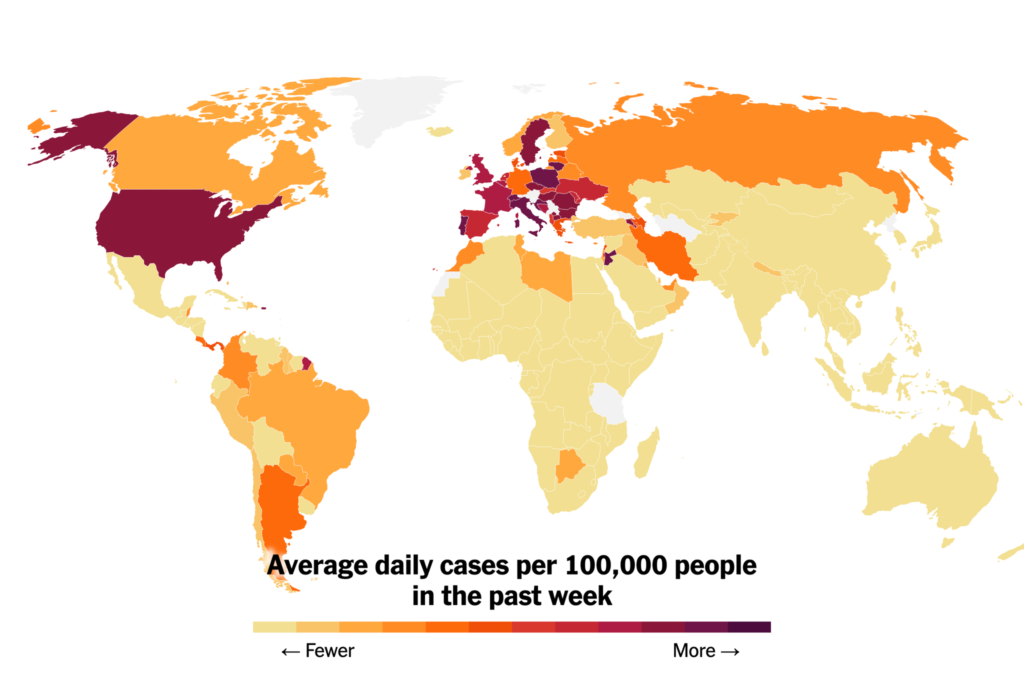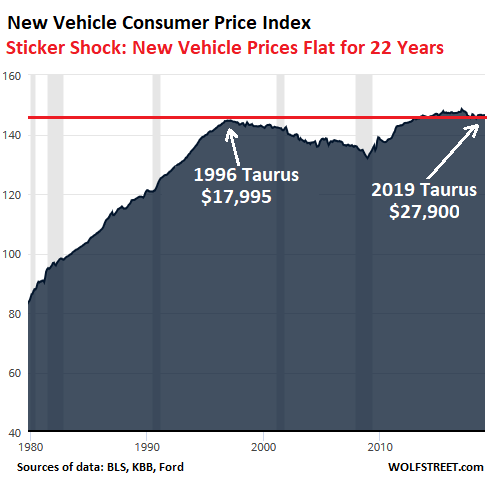… unless you have control over the production facilities.
Rich countries will get access to coronavirus vaccines first – for poorer ones, the timeline will stretch until 2024 (at the earliest) pic.twitter.com/UgLieumAFr
— Agathe Demarais (@AgatheDemarais) December 11, 2020
I think this map is a little inaccurate, but it makes the point. Money matters, yes, but having control over vaccine manufacturers and R&D matters more.
This is true of everything. Oil is not a global market if there are ever shortages decision makers care about. FOOD is not a global market if there’s ever a worldwide shortage, and countries which net import will find that out. (The Irish famine, where Ireland, then an imperial colony, continued to export food even as its people starved, underlines the word control.)
Global markets are OK for things that don’t matter. For anything that does matter you want manufacture, R&D and supply lines concentrated in your own country or that of true close allies. In those cases, you want mutual vulnerability. If country A has it all and is a close ally, that won’t work when they’re desperate, you have to have part of the dependencies.
Even this doesn’t work completely. It was very popular before WWI to state that a big European war couldn’t happen because of how interdependent the economies were.
Yeah.
(It’s my annual fundraiser (and has been lower this year, for obvious reasons) If you value my writing and can afford to, please consider subscribing or donating.)
It does help.
Industrial policy means that if you can, you make it at home, and if it costs a little extra, too bad, slap on a tariff. If you control natural resources, you NEVER sell them raw if you have any choice. The history of England’s economic development leading to the Industrial revolution starts with a ban on selling English wool to mainland Europe, allowing them to build their own textiles industry. Of course, those textiles were worse than what Flemish weavers would have made, and less efficient to start, with higher prices. The English, correctly, did not care. They had the wool, and there wasn’t a huge surplus of wool. Buy the clothes from us or no one.
Food, water and essential goods: if it is at all possible you want to be self sufficient in all three. In sensible countries a great deal of geopolitics is driven by this when a country can’t do it all internally. China knows, for example, that the US can shut down the Strait of Malacca any time it wants, crushing their oil supply and that is a major reason why they are creating a huge land route all the way across the Asian continent, and getting snuggly with the Russians (who can supply oil by land.)
Chinese economic policy, letting Westerners get super rich by producing goods in China, was also driven by this. The Americans aren’t wrong, the Chinese were super-aggressive about technology transfer. The deal was often that in order to get access, you had to give them the tech. If you wouldn’t, they would try and steal it (Americans stole a ton of British IP back in the day, don’t get all pious, everyone does it.) There was also technology-arm breaking creep. Sure, you gave us a tech a few years ago, but what have you given us recently, and why should we allow you to stay in our market today?
Foolish nations, like Canada and the US, let key industries go overseas, or sell raw materials without processing. Wise countries don’t, unless they’re getting something very worth it in return. Getting a bunch of new rich people who made their money by selling your country out isn’t “worth it” to anyone but the rich people and the politicians they bribed.
Money doesn’t cut it. Per capita Canada bought more Covid vaccines than anyone else, but notice that Canadians won’t be in the first wave to get mass vaccination. This is a “white, 1st world” country, and it can’t buy its way in. (The case is a bit more complicated than that, because the government are incompetent, but we’ll leave it there for now.)
If it isn’t on your territory, where your people with guns and your bureaucrats have power, you don’t control it and when it matters, you can’t buy it.




